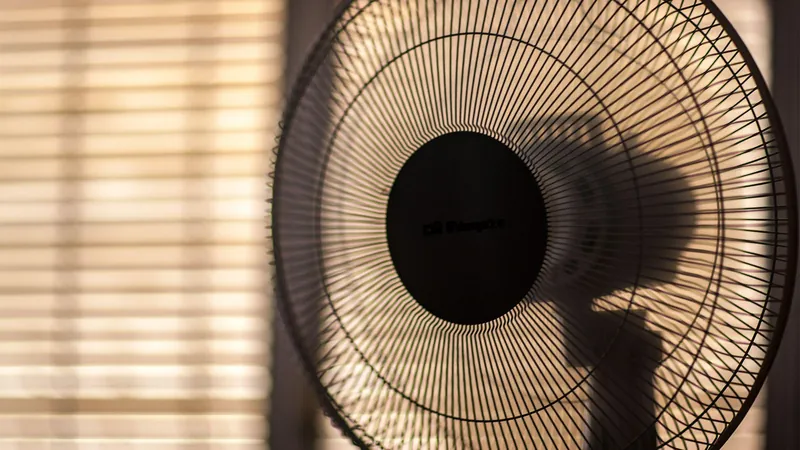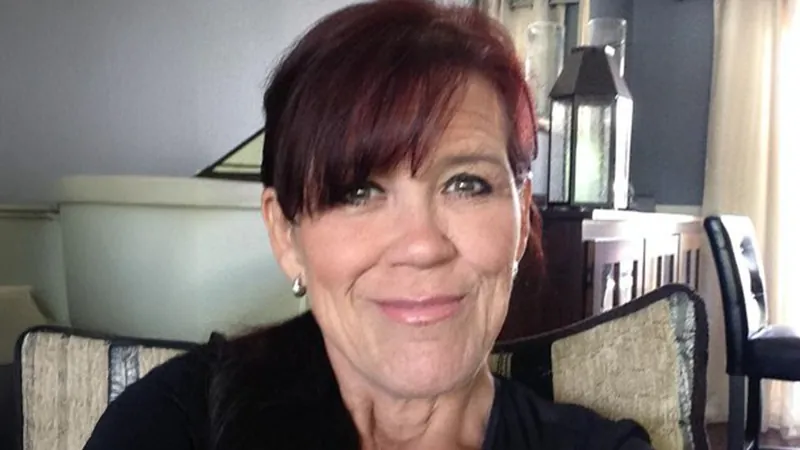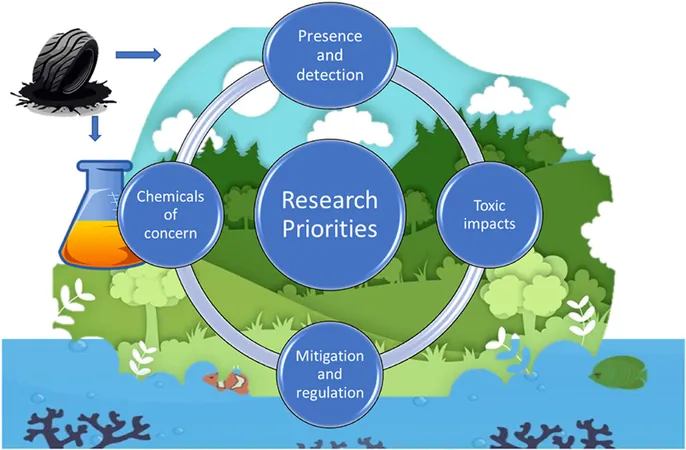
Effective Cooling Strategies to Combat Cardiac Strain in Extreme Heat
2024-11-07
Author: Emma
Effective Cooling Strategies to Combat Cardiac Strain in Extreme Heat
As climate change intensifies, health hazards from extreme heat are becoming more prevalent, especially among older adults. New research highlights simple yet effective cooling methods that can help ease cardiac strain during sweltering conditions, particularly for those aged 65 and older.
In a series of randomized crossover studies, researchers found that using electric fans and applying skin wetting techniques significantly mitigated heat-induced cardiac strain among older individuals, regardless of whether they had coronary artery disease (CAD). In hot, humid environments with temperatures averaging a blistering 100.4°F (38°C), participants experienced:
Electric fan: A decrease of 517 bpm x mm Hg (P=0.004) - Skin wetting: A decrease of 468 bpm x mm Hg (P=0.01) - Combination of both: An impressive reduction of 750 bpm x mm Hg (P<0.001)
However, caution is warranted in dry heat conditions. In tests with temperatures soaring to 113°F (45°C) and only 15% relative humidity, the use of fans led to an alarming increase in cardiac strain (+2,139 bpm x mm Hg). This troubling outcome forced researchers to halt the study early as many participants began to feel unwell, showcasing the delicate balance between heat management strategies and safety.
Dr. Ollie Jay from the University of Sydney, who led the study, emphasized the importance of tailored cooling methods, as certain strategies may work better in different weather conditions. He highlighted the rising concerns related to heat exposure, particularly for vulnerable seniors with pre-existing heart conditions.
“It’s crucial to understand how varying weather conditions influence the efficiency of cooling strategies. This knowledge is invaluable for protecting older adults from the dangers of heatwaves,” stated co-author Dr. Daniel Gagnon from the Montreal Heart Institute.
For older adults, especially those taking medications or with chronic health conditions, sudden temperature fluctuations can be especially harmful. The CDC reiterates the necessity of air conditioning to combat heat-related health issues. Traditional advice suggests that fans may be counterproductive in extremely hot temperatures, yet this new research challenges that notion in humid environments.
While air conditioning remains the gold standard for cooling, it is not always accessible to those who need it most. "It’s encouraging to find that simple and low-cost alternatives can have a significant positive impact,” noted Gagnon.
The study comprised older participants who underwent trials to determine the effectiveness of various cooling methods under high-temperature conditions. The findings, however, are limited to short-term exposures of up to three hours and may not be applicable to individuals with severe or unmanaged CAD.
In a world where extreme weather is becoming commonplace, ensuring the safety of our elderly population is more critical than ever. This research serves as a timely reminder that effective cooling strategies can avert health risks as temperatures continue to soar.









 Brasil (PT)
Brasil (PT)
 Canada (EN)
Canada (EN)
 Chile (ES)
Chile (ES)
 España (ES)
España (ES)
 France (FR)
France (FR)
 Hong Kong (EN)
Hong Kong (EN)
 Italia (IT)
Italia (IT)
 日本 (JA)
日本 (JA)
 Magyarország (HU)
Magyarország (HU)
 Norge (NO)
Norge (NO)
 Polska (PL)
Polska (PL)
 Schweiz (DE)
Schweiz (DE)
 Singapore (EN)
Singapore (EN)
 Sverige (SV)
Sverige (SV)
 Suomi (FI)
Suomi (FI)
 Türkiye (TR)
Türkiye (TR)